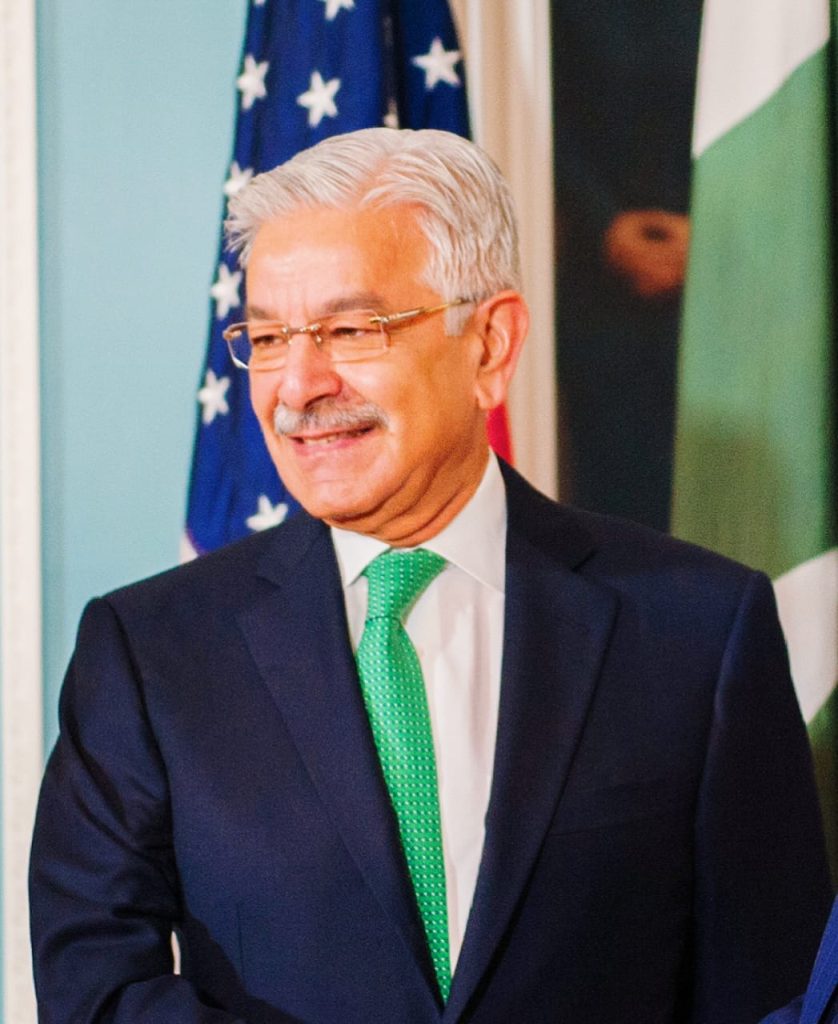Global rating agency Fitch has Recognizing Pakistan’s efforts toward economic stability, global rating agency Fitch notes notable advancement in structural reforms and better macroeconomic data. In its most recent analysis, Fitch said that Pakistan’s debt sustainability depends on its will to oppose changes and that this is also necessary to get continuous assistance from bilateral and multilateral financial partners as well as the International Monetary Fund (IMF).
The agency underlined how the State Bank of Pakistan’s interest rate fall to 12% reflects a clear drop in inflation. With average inflation in June at 24%, it has dropped to a little over 2% as of January, indicating a better state of the economy.
Positively, Fitch improved Pakistan’s economic situation by pointing to reduced interest rates and more stable economic activity resulting from Supported by strong worker remittances, agricultural exports, and a strict monetary policy framework, the agency estimated a 3% GDP increase for the year. These elements have helped to explain the $1.2 billion current account surplus, a dramatic turn-around.
Though they still fall short of the amount needed to satisfy Pakistan’s financial commitments, Fitch also noted that the country’s foreign currency reserves now span three months of imports.
Though tax collections fell short in the first half of the fiscal year, the report noted budgetary gains, including a primary surplus surpassing IMF objectives. Fitch also complimented the provinces for passing laws on farm income tax, a major reform area.
Looking forward, Fitch said declining external finance requirements and growing FX reserves might cause a positive rating change by July. Delays in the IMF assessment process, however, could compromise this position.










